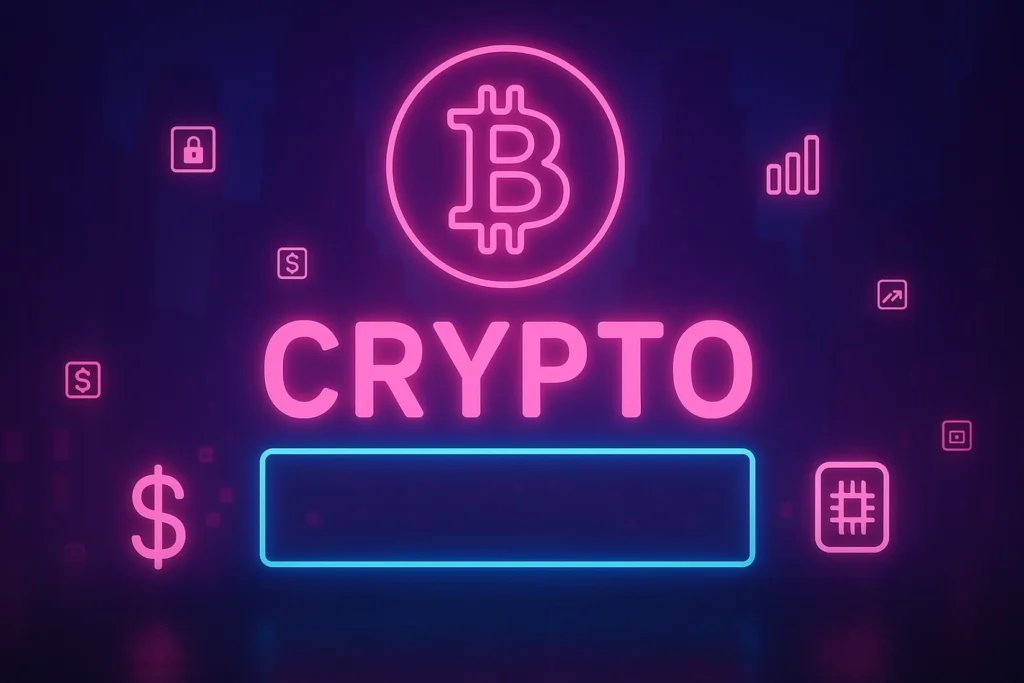Myth or Market Shift? Debunking Real Estate RWA Risk in Tokenized Property
March 20, 2025

Myth or Market Shift? Debunking Real Estate RWA Risk in Tokenized Property
Tokenized real estate is grabbing headlines. Blockchain-based ownership of physical assets? Sounds like the future, right? But as with most things in finance and tech, bold claims often come bundled with bold risks—especially when we’re talking about real estate RWA risk (that’s real-world asset risk, for the uninitiated).
So let’s sort the signal from the noise. Is tokenized property a bubble waiting to pop—or just a misunderstood evolution in real estate investing?
Myth #1: Tokenized Real Estate RWA Is Like Crypto—Fast, Liquid, and Profitable
Reality: Not so fast.
Sure, tokenized property feels like crypto. You’re buying digital tokens. You can sometimes trade them. But let’s be clear—these tokens represent real-world properties. That means the same headaches still apply: tenants, taxes, property upkeep, and local laws.
Real estate RWA risk starts here. People treat these tokens like high-speed financial instruments, but they’re backed by slow, illiquid, and messy real estate markets. So no, you probably can’t flip them like Dogecoin.


Myth #2: Tokenization Eliminates All the Old Friction
Reality: Some, not all—and it introduces new ones.
Tokenization does help cut out some paperwork, bank delays, and high entry costs. That’s a win. But don’t think for a second it erases risk. Many platforms still have unclear structures. Are you buying equity? Debt? A stake in a trust? That confusion is itself part of the real estate RWA risk.
And when regulation is patchy—or nonexistent in some jurisdictions—it gets even murkier. Who do you turn to if something goes wrong? A smart contract? Good luck with that.


Myth #3: If It’s On-Chain, It’s Safe
Reality: Blockchain can record ownership—but it can’t fix a broken roof.
This is where many first-time buyers get tripped up. The token may live safely on-chain, but the asset it represents exists in the real world. And the real world comes with unexpected issues. Fires, lawsuits, zoning disputes… none of that disappears because your investment lives in a wallet instead of a file cabinet.
Also—what happens if the platform collapses? Or if the token issuer folds? Unlike traditional real estate that has decades of legal framework, tokenized property operates in a legal gray zone. So yes, your token exists—but what’s it worth if the entity managing the asset disappears?
Myth #4: Regulators Are on Top of This
Reality: Not quite yet.
Some jurisdictions are making progress. Others? Not even close. There’s still a major disconnect between how tokenized real estate is structured, how it’s sold, and how (or if) it’s regulated.
This leaves a dangerous gap for investors. Without consistent oversight, platforms can operate with wildly different rules, fee structures, and disclosures. And when something goes wrong, investors might be left without clear legal recourse. That’s a real estate RWA risk many folks don’t factor in—until it’s too late.


So, Is Tokenized Real Estate Just a Bubble?
Maybe. Maybe not.
Tokenization does address some very real problems in the real estate world—mainly lack of access, poor liquidity, and sky-high buy-in costs. For the right investor, it could mean new ways to diversify and gain exposure to property markets around the world.
Platforms like RealT, Lofty, and others are pioneering this space with real results. That’s encouraging. But remember, innovation doesn’t mean immunity from risk. And RWA risk is not theoretical—it’s tied to actual bricks and mortar.
Final Myth: If Everyone’s Doing It, It Must Be Safe
Reality: That’s how bubbles are born.
FOMO is a dangerous driver. Just because a sector is buzzing doesn’t mean it’s stable. We’ve seen it before—Dotcom stocks, ICOs, NFTs… hype cycles often precede harsh corrections. Tokenized real estate has real potential, but it’s still early. The infrastructure, legal protections, and investor education just aren’t there yet.
Closing Thought: Real Estate RWA Risk Is Real—But So Is Opportunity
Here’s the balanced view: tokenized property might not be a bubble—but it’s not a sure bet either. The concept is powerful. The execution? Still a work in progress. If you’re considering jumping in, don’t rely on the tech gloss. Know what you’re actually investing in.
Real estate RWA risk isn’t the villain—but it is the reality. And in a space this young, knowing the risks might be your best hedge against the hype.
Relevant Link : Tokenized Real Estate Sounds Slick—But Is It All Just Risky Hype?

